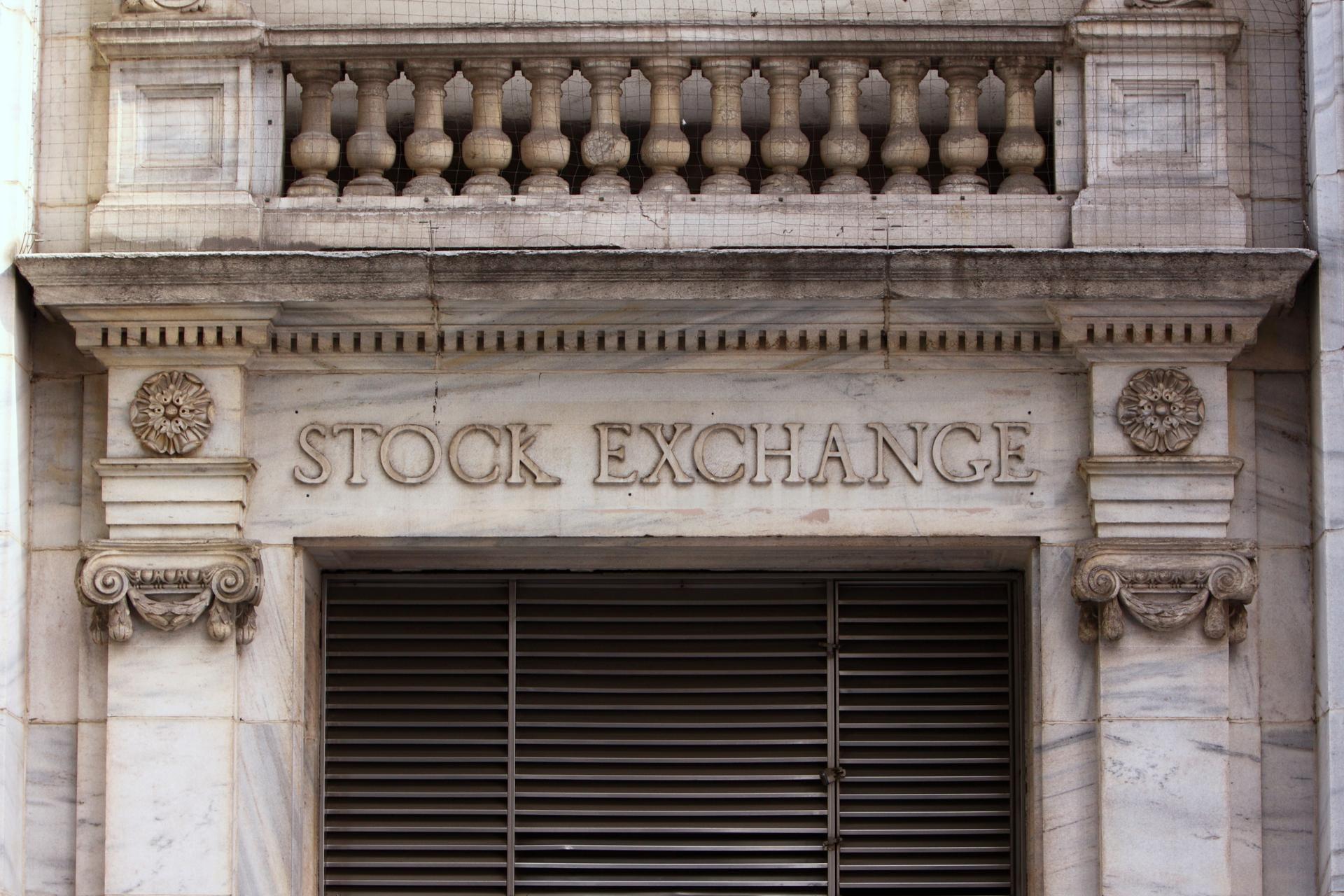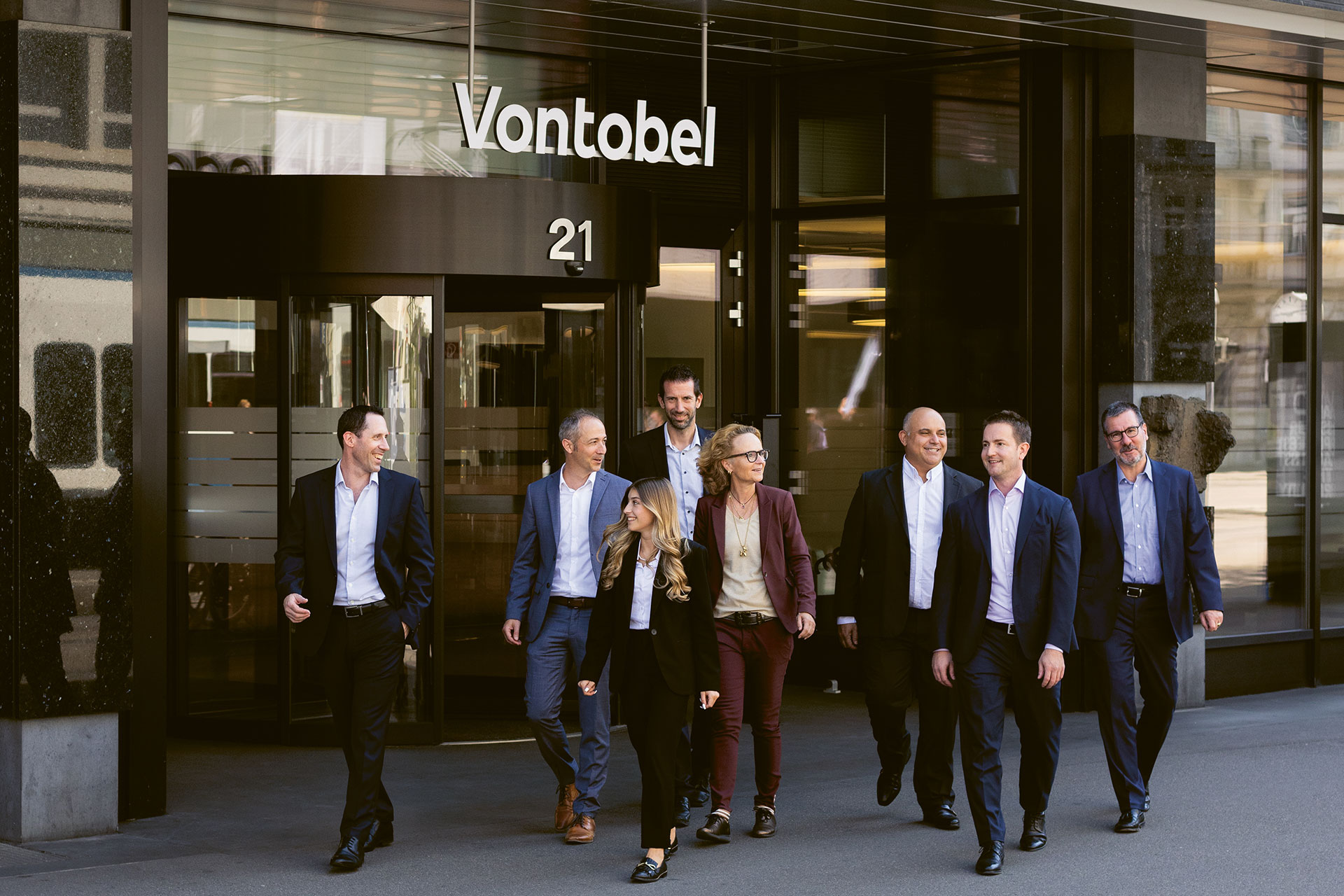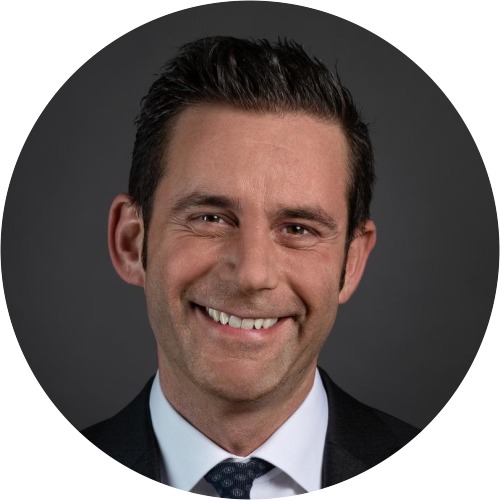
Global Execution – Part 2
Published on 21.04.2023 CEST
In the second part of our Global Execution series, our experts share their thoughts on the growth of the ETF Flow, the defining changes in the equity market and the fixed income trading desk of the future.
This article consists of 3 interviews
- Interview 1: ETF trading – a Growth Market in Flux
- Interview 2: Equity Trading Yesterday and Today
- Interview 3: The Fixed Income of the Future
— What is the share of exchange-traded funds (ETFs) versus stocks at Vontobel? How has this changed over time?
In recent years, trading volumes have increased overall. What’s notable is that the growth rates for ETFs have been much higher than for stocks, but on a lower basis. Today, ETFs are used more widely than they were a few years ago. This certainly has to do with the growing number of ETFs offered. While this asset class was originally created as a simple index tracker, ETFs are now offered as leveraged products. Actively managed ETFs that try to replicate hedge-fund strategies in a cost-efficient manner are paving the way for the future.
— How does ETF trading differ from equity trading?
On the surface, the differences seem minor. As the name ETF implies, these are instruments that are listed on stock exchanges and traded there like stocks via an order book. However, in Europe in particular, the majority of ETF trading doesn’t take place in order books on stock exchanges, but rather on request-for-quote (RFQ) platforms. Market makers post prices for the requested order directly on these platforms. The advantage here is that you can trade without influencing the market. The posted quotes are binding and apply for the entire order volume. Institutional clients sometimes trade based on the net asset value (NAV). For products covering underlyings in different time zones this can be of advantage. We have optimized and partly automated these different options to trade ETFs. The final decision how to execute a trade rests with the client.
— What does this automation look like in practice?
We began improving our ETF trading processes early on because the manual effort increased along with the higher volumes. On the one hand, we introduced pre-trade checks so that we could determine whether an order should be sent directly to the market or if the involvement of a trader would generate added value for the client. For automatic trading via RFQ platforms, the rules have been adjusted so that the prices obtained there must correspond to or exceed the prices on the stock exchanges. In recent years, our smart order router (SOR) has been optimized so that it can control the various platforms over multiple cycles, resulting in the best possible execution. We reacted to changes on this market with this innovation. For example, SIX Swiss Exchange introduced quote on demand (QOD). This is a new segment for quote-driven trading, similar to what other platforms have offered for some time now. This additional liquidity can be dynamically controlled with our SOR. Executions on exchange are handled like equity trades through our smart order router. All the available liquidity sources are targeted, and the algo provides best execution through access to the venues.
«There will always be exceptions that make automation more difficult or impossible.»
Michael Wenger
Head of Execution Equities & Derivatives

— If everything works so well, why not trade all ETFs automatically at your desk?
There will always be exceptions that make automation more difficult or impossible. For example, if a client wants to trade an ETF at the NAV, this has to be done manually. It’s not possible to place an order of this type using the existing systems. For larger orders, we sometimes have to determine ahead of time which counterparties would even be suitable for a transaction. Or if delivery has to happen on value date, this must be ensured with the market maker by a trader. Not all market participants are equally reliable. Furthermore, there are illiquid ETFs where manual trading is necessary. As mentioned before, there are exotic strategies that are replicated through ETFs and sold to investors. If the underlying is already illiquid, then the spreads for the products will be wide. Market makers will price their risk into the quote. In this situation too, a trader can add value by selecting the right counterparties and negotiate pricing.
— The number of ETFs and the amount of money invested in ETFs has multiplied in the last years. Do you expect this trend to continue?
The growth in the ETF space has been significant indeed. In my view, this trend will continue in the future for several reasons. First of all, one point that is always on top of the list in the finance industry: costs. ETFs are a cost-efficient tool to invest. With a single product, the investor is able to cover a complete sector or market or can participate in more exotic strategies. The fees for the fund management, custodial services, etc. are aggregated into the TER (total expense ratio) and are usually lower compared to direct investments. A second reason for the ongoing growth in the sector is innovation. The last years have shown that ETF providers are able to wrap lots of different investment ideas into ETFs. New investment trends will be quickly adopted in the space. Another reason is transparency and the availability of data. Lots of data is available via financial information systems but also freely on the Internet. Daily NAV or underlying positions can be tracked and verified. This enables investors to compare products easily or analyze the performance quickly. And don’t forget the simple and cost-efficient way of trading. There are no barriers to invest in ETFs, and trading fees are generally low.

— How has equity trading changed in the past decade?
The biggest change is definitely automation. Whereas 10 years ago, the word “algo” was virtually unknown, today we can’t imagine the industry without it. Also, the STP rate (orders that automatically go directly to stock exchanges after certain risk checks) has greatly increased. Current STP rates are much higher than 95 percent – for Swiss stocks, they’re even higher than 99.5 percent. TCA is used to analyze the transactions after the fact. Naturally, all of these changes also come with certain negative effects, such as lower commission rates. Plus, since the 2008 financial crisis, regulatory aspects have become much stricter. MiFID II is a perfect example.
— What sorts of new challenges does this entail?
Whereas previously, we processed a lot of orders manually, today the focus is on monitoring. That means that most orders are traded automatically, but machines can still make mistakes. Traders monitor the order flow and try to prevent errors. The advantage of all this automation is that more volume can be absorbed by fewer traders. Today, the large number of different algo strategies and all the different trading venues can be confusing or difficult to grasp for end clients. That’s why personalized client support remains extremely important.
— Despite the improved technological opportunities, where do humans have an advantage and why?
Certainly one major advantage of a human trader is that they can react immediately to the latest news that’s relevant to share prices. This can make a major difference, especially in today’s volatile environment. Plus, the benchmark for orders is the volume-weighted average price (VWAP). On days where the volume differs greatly from the average volume profile, the trader can incorporate this information into his strategy, whereas machines work based on historical data and therefore, in some cases, do not react correctly to the situation. Furthermore, a trader with a good network has the option of trading a large number of shares in more illiquid titles outside of the exchanges (off-exchange block trades).
— What is Vontobel Global Execution doing to optimize the interactions between humans and machines?
We founded an algo committee that meets regularly to ensure that trader skills are integrated into the software engineering. The traders also work together closely with the developers. This allows us to learn from our experiences and improve our algorithms directly.
— After all these years, what excites you about this job? What are the challenges?
As a trader, you’ve got your finger on the pulse of the economy. Automated or not – that will never change. No two days are alike, and you’re constantly learning new things. The challenge lies in keeping up with the increasingly rapid changes as I get older. It’s important not to fight against these technological advances, but rather to see them as an opportunity.

Our Global Execution desk has comprehensive expertise on the bond market. This is helpful when it comes to meeting our clients’ requirements in terms of execution and wealth management. We mainly trade over the counter (OTC) on various trading platforms, and we are accessing liquidity on various stock exchanges as needed. More than 180 counterparties are connected to our trading platforms, allowing us to achieve the best prices for our clients.
— What does the fixed-income trading of the future look like?
The fixed-income trading desk of the future is shaped by data and the technical ability to address venues and individual liquidity providers. Keeping up with the exponential increase in data from incoming liquidity, new issues, and pricing services has become a challenge. Demand for data is exploding alongside desk development. For many buy-side desks, the role of the trader is no longer solely dedicated to working with a single asset class. In the future, the role will evolve into a much broader mandate – renamed to a low-touch or high-touch trading desk.
— New trading platforms are coming onto the market trying to fill the gaps of traditional market making, e.g. customer-to-customer trading and limit monitoring. How do you use these technologies to manage the data flows for illiquid bonds?
The main challenge is still aggregating the data. There are three or four major trading platforms that are able to provide desirable data. Nevertheless, aggregating the intelligence and data out of those remains a challenge. Bond trading is also undergoing a slight paradigm shift. Today, market makers are more willing to share their “axe,” or their holdings, with selected counterparties. The phrase “pas vu, pas pris,” which originally comes from the retail sector, is becoming increasingly relevant. Traders, or even automated systems, need to know whether or not it’s worth it to request a bid or an offer from a counterparty.
— How can you gain an aggregated overview, for example of illiquid bonds, on an OTC market where there’s no centralized order book?
This is where a trader’s many years of experience come into play. The network and the flood of information continues to grow every year. Despite the rise of electronic trading, bond trading remains first and foremost a people business. Sales people market the positions of the market makers in the truest sense of the word. For this reason, it’s vital for buy-side traders to maintain their relationships. This is what allows a great trader to pull a rabbit out of a hat at just the right moment.
— How do you provide clients preferred access to fixed-income trading?
Without exception, all of our clients benefit from our know-how and expertise. Automation continues to expand and can help traders, but it’s no replacement for a human trader. Highly liquid bonds in a regular market environment require no manual intervention. This allows us to concentrate on special client requests and making the impossible possible.

Contact us
Published on 21.04.2023 CEST
ABOUT THE AUTHORS
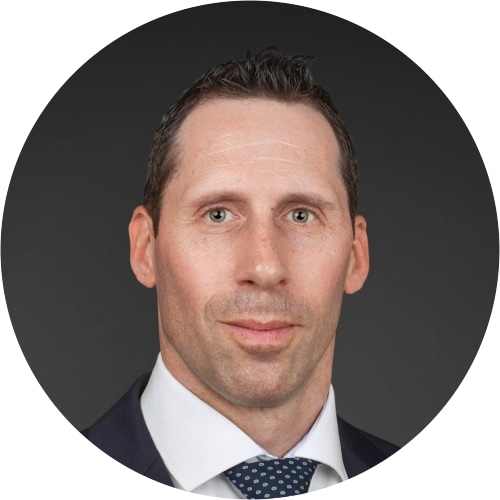 Show more articles
Show more articlesMichael Wenger
Head of Execution Equities & Derivatives
Michael Wenger is the Deputy Head of the Global Execution department in the Transaction Banking unit at Vontobel. He heads the Execution Equities & Derivatives team, which is responsible for trading the listed instruments on global markets. Michael specializes in trading ETFs and ETDs.
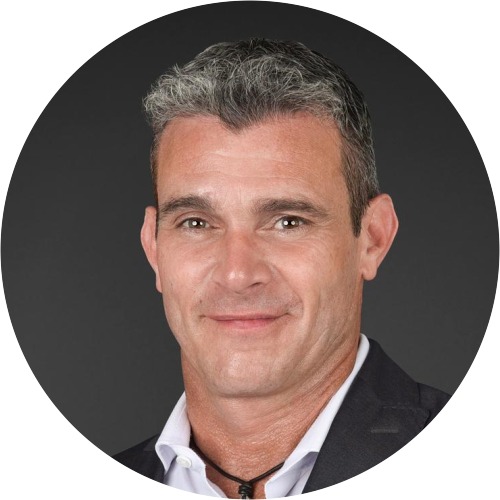 Show more articles
Show more articlesFabio Bartesaghi
Head Execution Member Markets
Fabio Bartesaghi is the Deputy Head of the Execution Equities & Derivatives team in the Global Execution department at Vontobel. Fabio is responsible for trading on European cash equity markets with a clear focus on Swiss-listed shares. He is well known for his outperformance on the market.
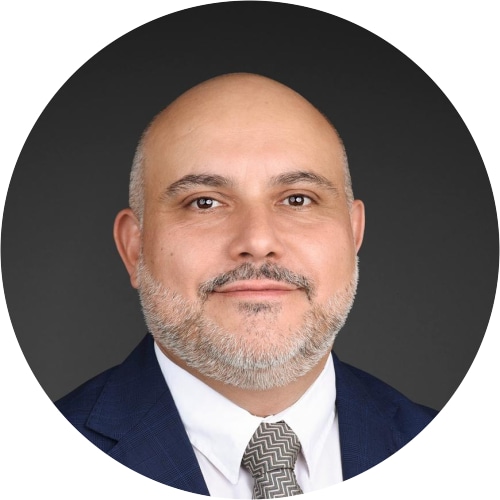 Show more articles
Show more articlesChristian Pfund
Execution Interest Rates FX & Funds
Christian Pfund heads the Execution Interest Rates & FX team in the Global Execution department at Vontobel. Christian and his team cover the global trading in OTC asset classes.
